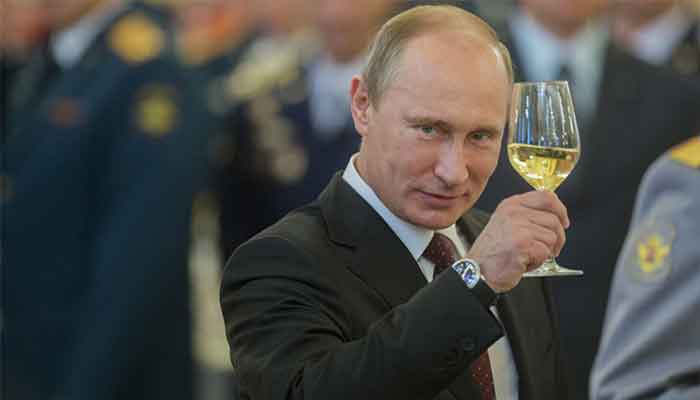Sanctions have already had a significant impact on the economies of several European countries, Associate Professor of the Department of Financial Management of the Plekhanov Russian University of Economics Ayaz Aliyev said
The major negative result of sanctions for the Western countries that have imposed them would be rising energy resource prices, which will put pressure on both consumer prices and dependent sectors of the economy, according to experts interviewed by TASS.
“Sanctions have already had a significant impact on the economies of several European countries. Rising prices and inflation reduce the population’s standard of living, and due to the EU’s reliance on Russian energy supply, the EU’s industry is under attack,” Associate Professor of the Department of Financial Management of the Plekhanov Russian University of Economics Ayaz Aliyev said.
He believes that if the situation worsens, the EU countries will not receive the necessary resources and will be unable to rapidly replace them. Rising costs will have the greatest detrimental impact on the energy sector, industry, and “the sectors of the economy that accompany them.”
Andrey Gusev, managing partner at Nordik Star legal firm, agrees, naming the energy and processing industries as among the most vulnerable in the current environment. “Sanctions will generally resurface in Europe in all aspects of life,” Gusev said.
According to Alfa Capital analyst Alexander Dzhioev, the actual embargo on Russian energy resources will increase the already high inflationary pressures in Western countries in the short term, which may lead to many central banks in these countries tightening monetary policy and raising interest rates. “An increase in interest rates that is too abrupt will cause economies to stall and eventually lead to a recession. Rates that lag behind inflation will cause prices to climb even further,” Dzhioev explained.
Associate Professor of the Department of Stock Markets and Financial Engineering of the Faculty of Finance and Banking at RANEPA Sergey Khestanov called attention to the fact that the importance of energy resources varies greatly across countries. As a result, he believes that replacing Russian gas and oil with alternative sources will be extremely difficult for Eastern European countries. At the same time, with the exception of the energy issue, Khestanov feels that “the impact of sanctions on Western countries is limited.”
Gusev emphasized that the effects for European economies would be more severe than for the United States, owing to “[Washington’s] extremely low reliance on Russian energy and other imports.” He believes that the impact of restrictions on European countries will be more severe; nonetheless, he suggests making the first substantial assessments of the “boomerang effect for Western economy” no sooner than six months.
Dzhioev noted that the rise in world oil and gas prices was largely caused by fears about the introduction of new restrictions on the Russian oil and gas sector. “The implementation of this scenario will deal the greatest blow to European countries and, first, will affect industrial enterprises for which energy resources are a significant item in the structure of production costs. It is likely that this will lead to a temporary suspension of their activities,” he noted. Another vulnerable industry in Western countries is agriculture, experts believe.
TASS




